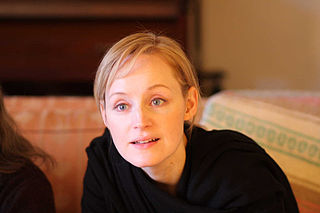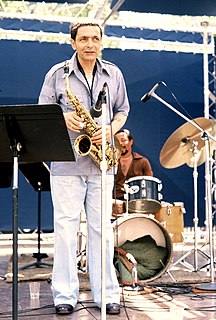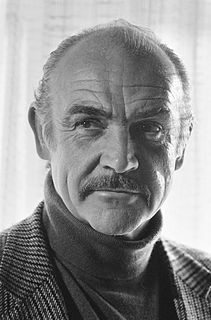A Quote by Sasa Stanisic
By changing the way I experienced things, even just involving different details than in reality, I often felt I was betraying the past and playing an unfair game with the reader where he (of course) would ask himself "Did this really happen?"
Related Quotes
That certain feeling happened to me in a big way quite often with the first King Crimson. Amazing things would happen-I mean, telepathy, qualities of energy, things that I had never experienced before with music. You can't tell whether the music is playing the musician or the musician is playing the music.
One thing I've experienced and I feel really grateful for now that I'm on my way out is that I felt that the justices gave that back to me. I really did. You know, of course, you can have some sharp exchanges. That's the nature of the thing, and that's fine. But really in the main I felt like the tone from them was, "Yeah. We may not agree with you, but we're going to have a discussion about this." And it did.
People will ask me, "How do you approach writing books for young readers differently than for adults?" My answer is always: I don't change anything about the story itself. I'm going to tell kids the way things really were. What I don't do - and this is the only thing I do differently in writing for kids - is that I don't revel in the gory details. I allow readers to fill in the details as necessary. But I don’t force kids to have to digest something they’re not mature enough or ready for yet. If they are, they can fill in the details even better than I could, just with their imaginations.
We'd start slow, the way we always did, because the run, and the game, could go on for a while. Maybe even forever. That was the thing. You just never knew. Forever was so many different things. It was always changing, it was what everything was really all about. It was twenty minutes, or a hundred years, or just this instant, or any instant I wished would last and last. But there was only one truth about forever that really mattered, and that was this: it was happening. Right then, as I ran with Wes into that bright sun, and every moment afterwards. Look, there. Now. Now. Now.
The way so many musicians slavishly imitated Coltrane, that's the way it was with Charlie Parker - only even more so, if that can be imagined. Everyone that I knew changed totally. But they took the worst things of his playing-that harsh sound; it just didn't come off the way they did it. The way he did it was great, Their way wasn't good at all. I just would listen to 'em, say: 'That's a Bird imitator', and that would be it; I would never care to listen to them again.
Heterosexual women ask questions that are a lot to do with what I did to my body and what that was like to lose all that weight and so on. To me it just reveals that that's a preoccupation of theirs. Or gay women have been really keen on knowing how I felt about playing a gay character and have often wanted to talk about their own experiences with children. Straight men have often shown some sense of relief, that they get to experience the philanderer as a woman and not have to judge her in the same way. That's fascinating to me.
If I had it my way, I would have just kept it short forever. Of course, men like long hair. There's no two ways about it. The majority of the boys around me were like, 'Why did you do that? That's such an error.' And I was like, 'Well, honestly, I don't really care what you think!' I've never felt so confident as I did with short hair - I felt really good in my own skin.
The great Jack Nicklaus summed things up neatly during a charity match on the Old Course at St. Andrews where he and I were playing against Ben Crenshaw and Glen Campbell. I asked him what he considered to be the most important factor to overcome in the game of golf. His reply, "It's an unfair game."
When you ask for happiness and a beautiful life, ask not just for you, but for everyone. When you ask for something better, ask not just for you, but for everyone. By all means ask for abundance and health for you, but also ask for it to be given to everyone. Can you imagine what would happen if six billion people asked for these things for you?
Merely because I was black, it seemed, I was supposed to listen to Hugh Maskela instead of Carole King, just as I was expected to be a radical, not a conservative. I no longer cared to play that game ... The black people I knew came from different places and backgrounds - social, economic, even ethnic - yet the color of our skin was somehow supposed to make us identical in spite of our differences. I didn't buy it. Of course we had all experienced racism in one way or another, but that did not mean we had to think alike
What would happen if history could be rewritten as casually as erasing a blackboard? Our past would be like the shifting sands at the seashore, constantly blown this way or that by the slightest breeze. History would be constantly changing every time someone spun the dial of a time machine and blundered his or her way into the past. History, as we know it, would be impossible. It would cease to exist.






































